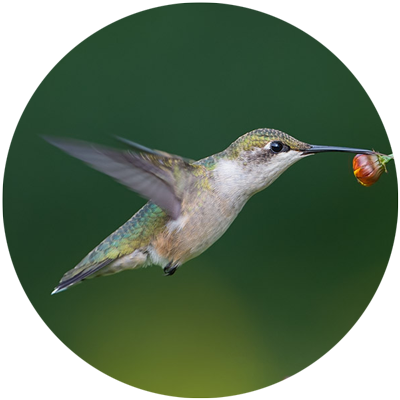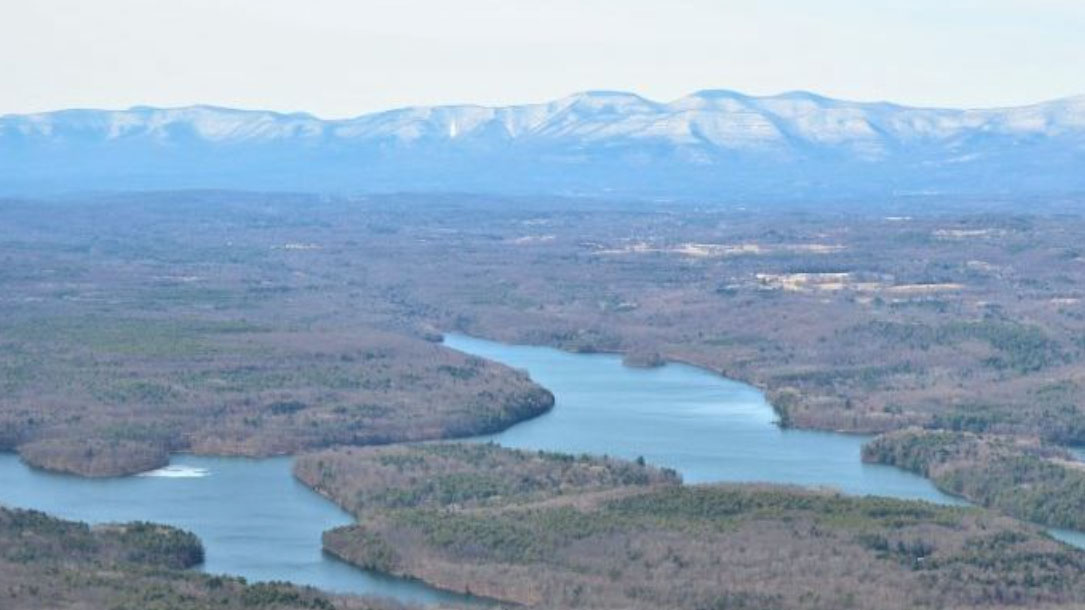
Partnering with a local city to sell carbon credits
Located in New York State, Mohawk Hudson Land Conservancy is working to slow down climate change in partnership with The Nature Conservancy and the City of Albany.
The Albany Water Board will receive funding from the sale of carbon credits. The Nature Conservancy expects this revenue to surpass one million dollars over the next ten years, which the Water Board will direct toward the implementation of the Sustainable Forest Management Plan, watershed management, and Water Board priorities.
As outlined in the Plan, the Albany Water Board has entered into a Conservation Easement with the Mohawk Hudson Land Conservancy…
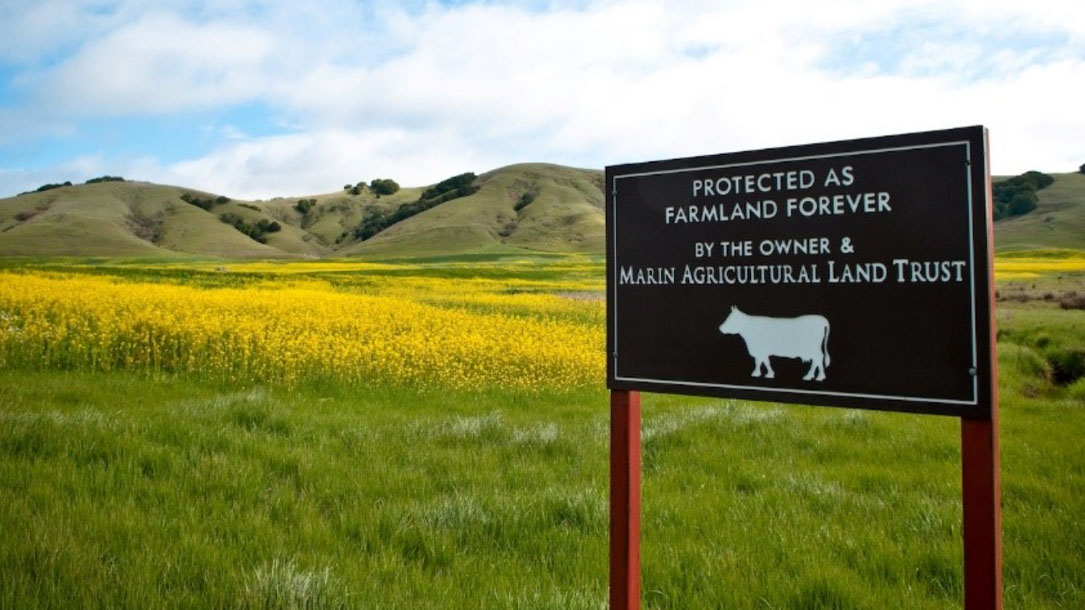
Can California’s protected farmland fight climate change?
“In the past year, the threat of climate change has risen to the forefront of public consciousness. With this growing awareness, many solutions are being offered to avert this crisis—from planting millions of trees to innovating electric car technology to passing state legislation to reduce greenhouse gas (GHG) emissions.
One powerful tool to address climate change is putting in action land use planning policies that preserve working farms and ranches…”
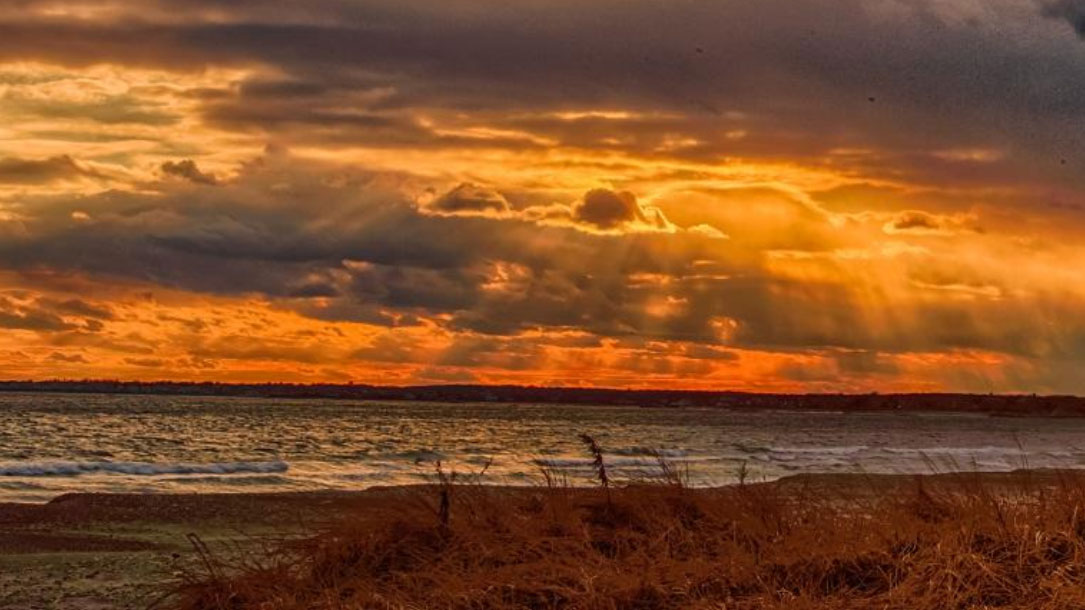
Mass Audubon & climate change
“Climate change requires us to boldly and urgently act to protect the wildlife and people we love. In response, Mass Audubon has committed to achieving a carbon neutral future in Massachusetts by 2050.
Carbon neutrality, or net zero emissions, means that we don’t emit any greenhouse gasses that we can’t soak back up out of the atmosphere. To do so entails protecting and conserving natural climate fighting tools, mitigating climate change by reducing and eliminating our greenhouse gas emissions, and amplifying nature’s resilience to climate impacts…”
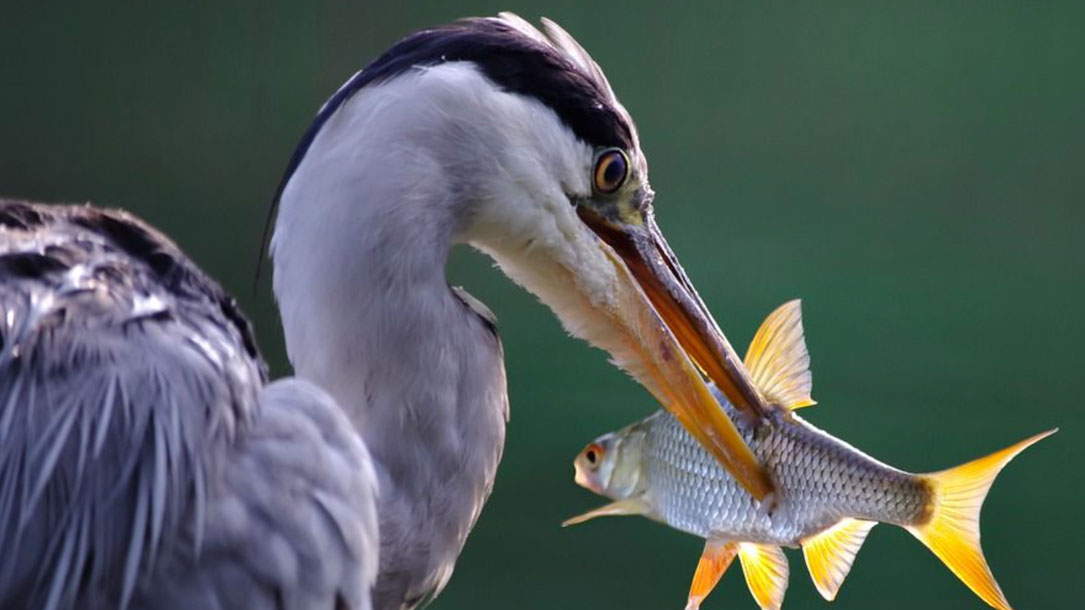
Leading by example
Mass Audubon is taking steps to reduce their carbon footprint, and they hope to inspire their members and visitors to do the same. They want to do their part to reduce their carbon emissions from fossil fuel consumption in order to help prevent the worst effects of climate change.
Since 2003, Mass Audubon has reduced its annual carbon emissions from its buildings and vehicles by almost 50 percent. In addition to explaining why they care (and why you should, too), they’ve made improvements in several key areas…

The Nature Conservancy encourages action
“Thank you for the opportunity to testify before you today on this issue. The Nature Conservancy is enthusiastic about climate mitigation legislation passing in New York State during the 2019 Legislative Session. First and foremost, thank you Assemblyman Englebright for championing this issue and continuing to call for strong action from New York in leading the nation…
Earlier this month, the Intergovernmental Panel for Biodiversity and Ecosystem Services (IPBES) released its first report detailing past biodiversity losses and prospects for people and natureii. Governments and scientists agree we are exploiting nature faster than it can renew itself.
The IPBES report is a shocking wake-up call. The report clearly shows how rapid deterioration of nature threatens our food, water and health, and worsens the impacts of climate change. Achieving economic and development goals, as well as climate goals, will require tackling this accelerating loss of biodiversity…”
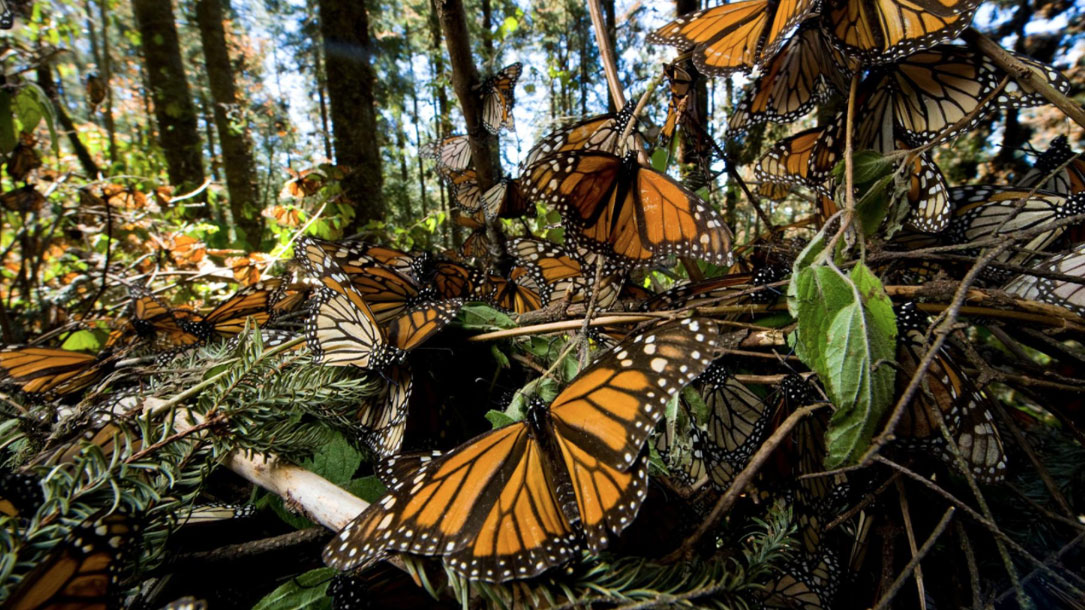
Planting milkweed won’t be enough
There’s been some good news about Monarch’s recently, yet even so, scientists have stated that climate change if left unchecked will cause irreparable harm.
It will be important to teach your community that planting milkweed may help in the very near term but the end game involves reducing pesticides and slowing down climate change.
It’s not too late to save them, but it’s a question of whether we will make the effort, scientists say…
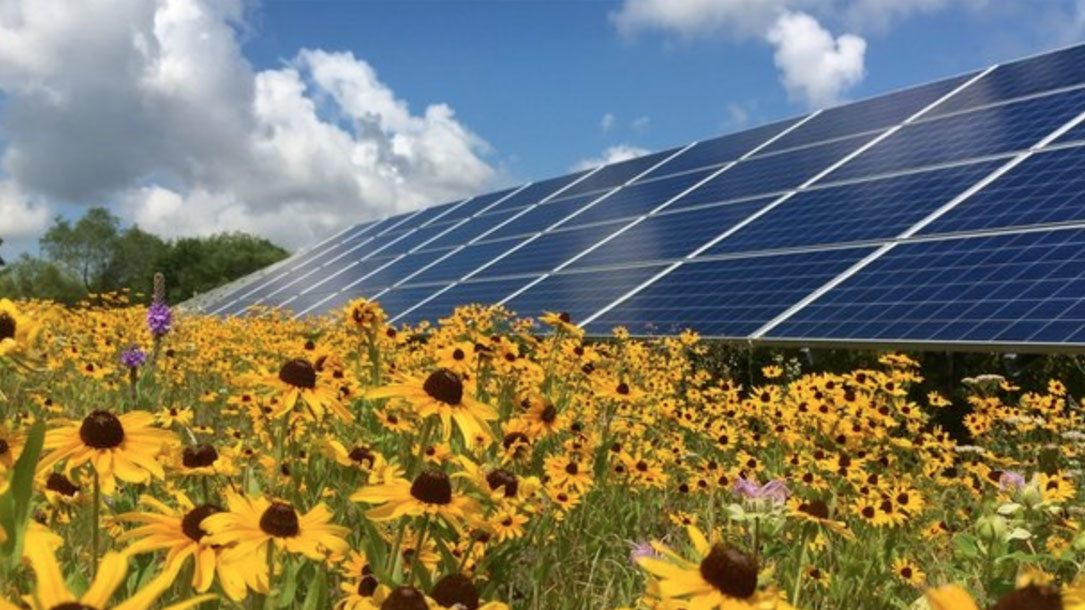
Pollinators, solar, and your land trust
There’s a major opportunity to help slow down climate change and ramp up pollinator gardens with community and large-scale solar.
The timing is critical given new research is documenting that climate change is decimating pollinators of all kinds. As one article notes, “it’s a great year for monarch butterflies [but] climate change means that won’t last.”
Limiting global warming to 1.5°C (and thus saving countless species) would require “rapid and far-reaching” transitions in land, energy, industry, buildings, transport, and cities. Global net human-caused emissions of carbon dioxide (CO2) would need to fall by about 45 percent from 2010 levels by 2030, reaching ‘net zero’ around 2050. This means that any remaining emissions would need to be balanced by removing CO2 from the air.
The good news is that solar pollinator farms can make a big difference. That’s also good news to landowners and farmers who could benefit from the regular income that solar payments provide. For many, that might make the difference between selling out or staying on the land…
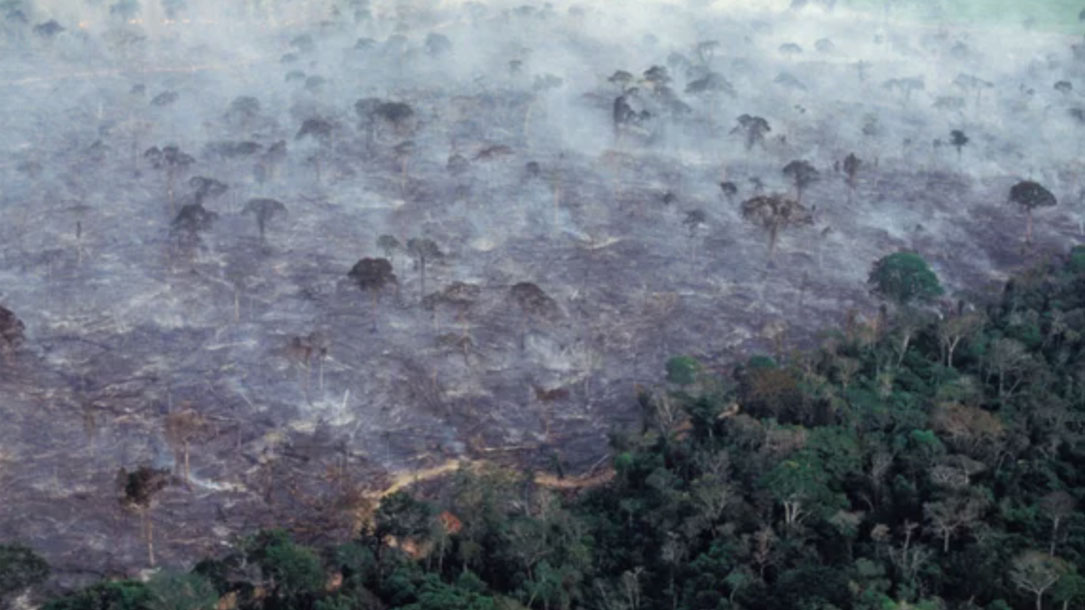
Climate change is becoming a top threat to biodiversity
Warming rivals habitat loss and land degradation as a threat to global wildlife. Climate change will be the fastest-growing cause of species loss in the Americas by midcentury, according to a new set of reports from the leading global organization on ecosystems and biodiversity.

Five reasons farmers love wind & solar
If we are going to reduce coal, oil, and natural gas — to save thousands of species from extinction and avoid significant agricultural damage and loss due to extreme weather – plus find ways to make family farms viable in a changing climate, we are going to have to rethink how solar and wind are compatible with our conservation and community goals.
Check out five reasons why farmers often embrace wind and solar. Land trusts can help communities understand that the alternative to gearing towards renewables is often going out of business, selling for development, and family economic stress.
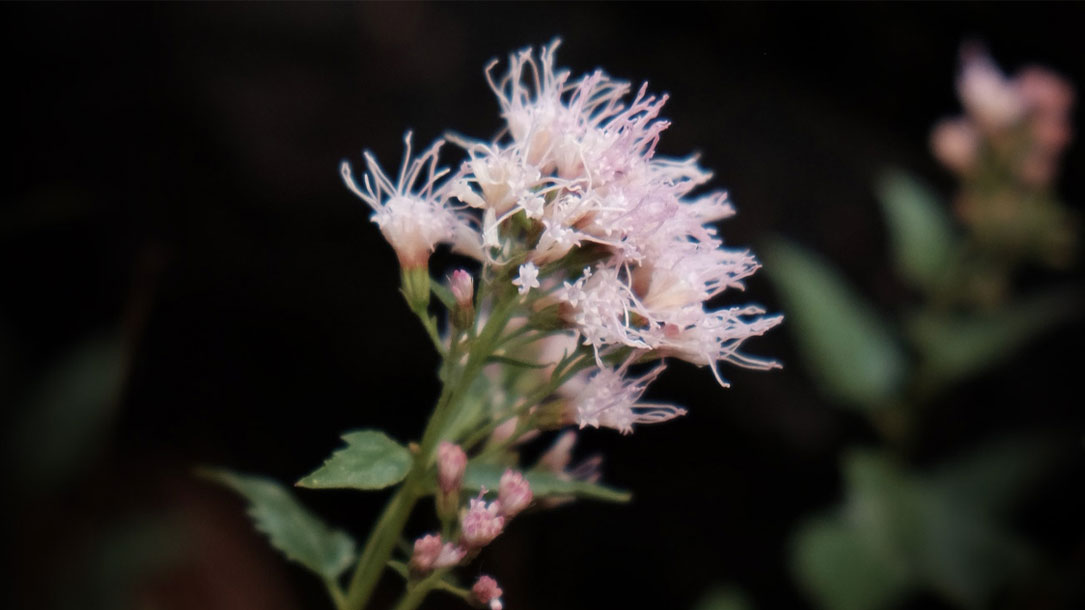
Contribute to Science
Every observation can contribute to biodiversity science, from the rarest butterfly to the most common backyard weed. We share your findings with scientific data repositories like the Global Biodiversity Information Facility to help scientists find and use your data. All you have to do is observe.
- « Previous
- 1
- 2
- 3
- 4



